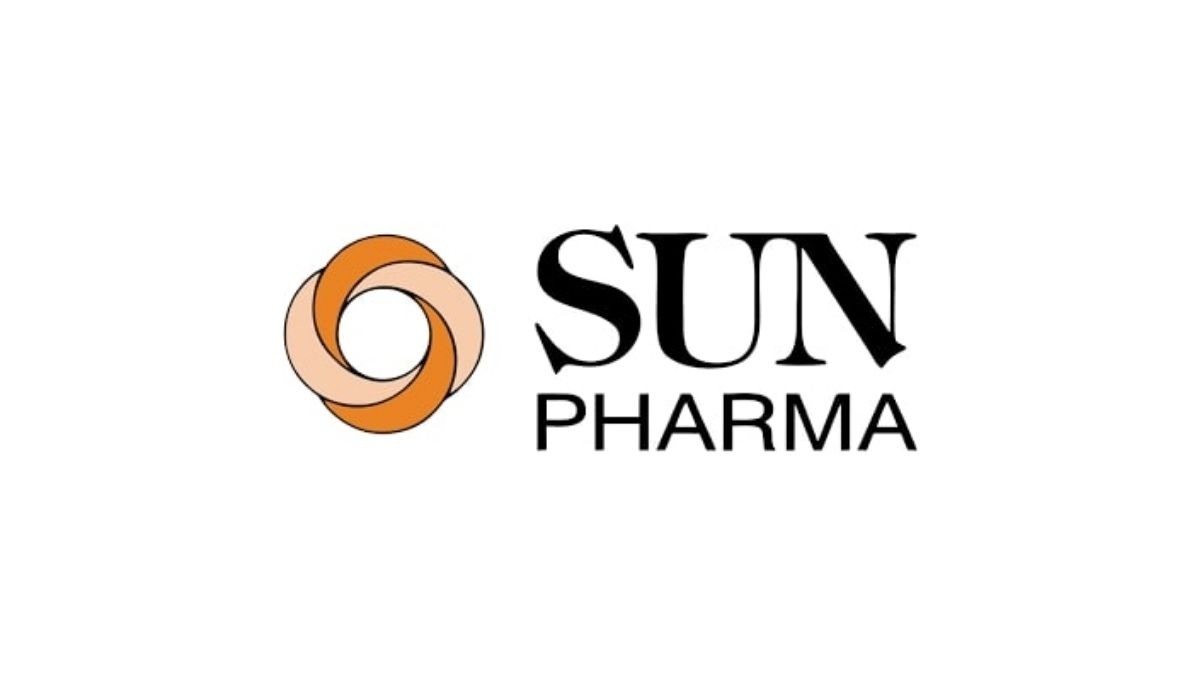Sun Pharmaceutical Industries Ltd has announced that the U.S. Food and Drug Administration (FDA) has approved an updated label for UNLOXCYT™ (cosibelimab-ipdl) after longer-term clinical data showed improved outcomes in patients with advanced cutaneous squamous cell carcinoma (aCSCC). The company disclosed the update through a filing dated 26 November 2025.
First and only PD-L1 inhibitor approved for aCSCC
UNLOXCYT is the first and only PD-L1 immune checkpoint inhibitor approved for treating advanced cutaneous squamous cell carcinoma. The filing notes that the therapy offers “a balance of durable clinical responses and acceptable tolerability,” a key advantage given that aCSCC patients are often older and managing multiple comorbidities.
Long-term trial data shows improved objective response rates
The updated label incorporates extended follow-up results from the pivotal CK-301-101 open-label trial involving 109 patients with either metastatic CSCC (mCSCC) or locally advanced CSCC (laCSCC).
Key findings include:
- ≥50% of patients achieved an objective response (primary endpoint).
- More complete responses were reported than in the primary analysis.
- Median duration of response was not reached at the time of long-term analysis, indicating highly durable benefit.
- Median time to response was 1.9 months for mCSCC and 3.6 months for laCSCC.
Safety profile unchanged
According to the filing, the label update does not alter UNLOXCYT’s established safety profile. Immune-mediated adverse reactions remained consistent, with only 0.9% of patients experiencing high-grade events. No treatment-related deaths were reported.
Mechanism of action
UNLOXCYT works by restoring the adaptive immune response through PD-L1 inhibition while also engaging the innate immune system via NK-cell mediated cytotoxicity. Importantly, the therapy spares PD-L2, which may help limit off-target immune effects.
Leadership commentary
Richard Ascroft, CEO of Sun Pharma North America, said the extended results reinforce UNLOXCYT as “an evolution in checkpoint inhibition,” emphasising that more patients responded and maintained responses longer than seen in early analyses.
Harvard Medical School dermatologist Dr. Emily Ruiz, lead author of the long-term study analysis, said the treatment provides an important option for older aCSCC patients struggling with comorbidities and in need of durable, tolerable therapies.
Commercial rollout
UNLOXCYT was initially approved in 2024. With the updated label now in place, Sun Pharma stated that it intends to commercially launch the therapy in early 2026.
About the disease
Cutaneous squamous cell carcinoma is one of the most common skin cancers in the U.S., with around 1 million cases annually. Nearly 40,000 cases progress to advanced stages each year, and around 15,000 deaths occur due to the disease—highlighting the ongoing unmet need the therapy aims to address.


